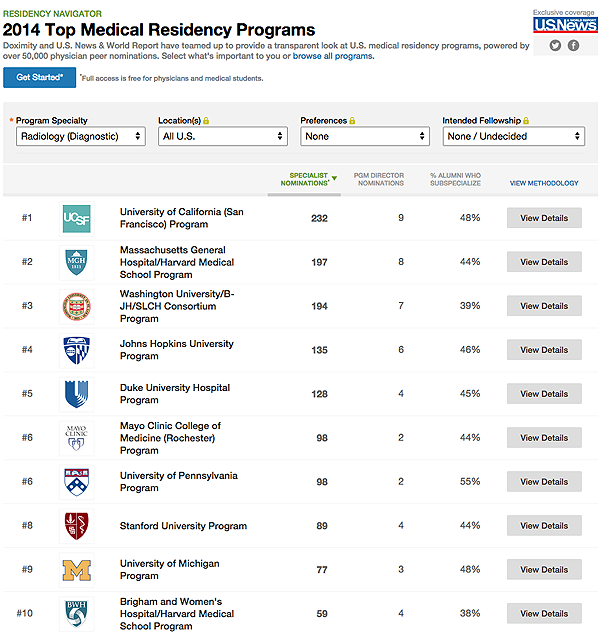This discussion may not be useful to you as a FMG, but note that this is not the FMG interview thread. This is the rad interview thread. choosing the right program is one of the most pertinent discussion for students right now.
This discussion centers around the following FACT: match where you want to live.
Ok so let me sort out the various thread for you
Are FMG matching in a program occasionally suggest low competitiveness: depends on the program. Some huge programs offer strong training but are not the most competitive (Emory comes to mind), as a result they often match FMGs because they may have a hard time filling 17 people class with all AMG. This says nothing about their training (which is excellent). I remember radiologyPD said in their AMA that since their program is not very big, they typically do not rank FMG or DO high because doing so creates the perception of a noncompetitive program.
TL😀R: a program who has matched FMG may or may not be competitive. A program who had never matched FMG or DO even during the lean years is likely very competitive.
Prestiguous vs nonprestiguous programs: there are three elements to prestige: lay people, referal and other radiologists. Going to a program well known to radiologists help with jobs, going to a program well known to referals help with practice building, same with lay people.
For example, MIR is very well known and well regarded to a radiologist, but probably not considered to be top 5 by a referer or lay person. (Rads ranking: top 5-10, referer: top 10-20, lay people: 20-30, again just ballpark number to illustrate the concept). A medicine doc will think wash U is competitive but will not understand what MIR mean in radiology.
Take a different example: BWH IR: many IRs consider BWH to be not as strong as its name. However, DRs, referers and lay people all consider BWH to be a top 10 name. In this case the recognition pattern reverse from MIR.
So break down the prestige of programs where you interviewed using the three category above and think about what do you want to do. In general a good rep in the combination of all three is useful.

